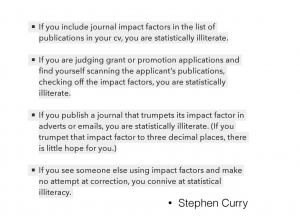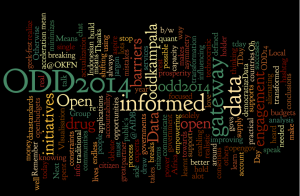Michael Eisen's take on April 1st:
I co-founded the Public Library of Science (PLOS) in 2002 because I believed deeply that the open access publishing model PLOS espoused and has come to dominate was good for science, scientists and the public. Over the past decade open access has become a personal crusade – my own religion – one I have fervently promoted here on this blog, on social media, and to thousands of colleagues at meetings and social engagements. To back up my commitment to open access, since 2000, I have exclusively published papers from my lab in open access journals, and have urged – some might say hectored and harassed – my colleagues to do the same.
But in the last few weeks I have had a major change of heart.


